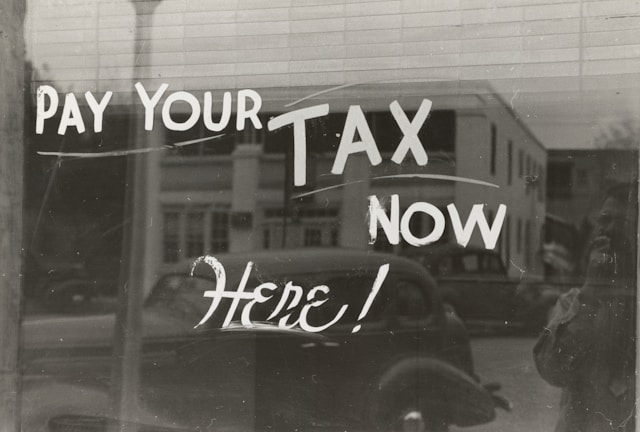
Representative Dina Titus is introducing the FAIR BET Act in response to the tax change for gamblers that was part of Trump’s Big Beautiful Bill.
Rep. Titus of Nevada posted on X that she would be introducing the “the FAIR BET Act, the Fair Accounting for Income Realized from Betting Earnings Taxation Act, to permanently restore the 100% loss deduction from gambling winnings.”
The proposal aims to combat what many have highlighted as an unfair tax placed on gamblers by Trump’s One Big Beautiful Bill Act. The bill passed in both chambers in narrow votes last week and now only requires Trump’s signature to be enacted at the start of next year.
In an amendment in the Senate, the BBB now contains a clause that will no longer allow bettors to offset taxes on winnings with losses completely.
Currently, gamblers can deduct 100% of losses from winnings and then pay taxes on the remaining profits. However, the amendment limits deductions to 90% of losses, meaning that gamblers who are only breaking even, or making a small profit, could pay more in taxes than they win, resulting in net losses.
Professional poker player Phil Galfond spoke out against the tax, commenting that it will drive gamblers to offshore betting sites.
Galfond gave the example that if a gambler won $5.2 million but lost $5 million, then the current rules would tax the $200,000 profit. However, the change means gamblers can only deduct 90% of their losses ($4.5 million), meaning they would pay tax on $ 0.7 million.
At the current gambling tax rates, the winning gambler would pay $74,000 in taxes, leaving a net profit of $126,000. The change in the deduction rule would see the gambler paying $259,000 in taxes, leaving a net loss of $59,000.
The FAIR BET Act would restore 100% deductions and seems to be a popular policy. In a post on X following the amendment, Titus wrote, “I’m working on a legislative fix that fairly treats gaming losses in the tax code.”
The post received over 1 million views. Speaking to KNTV News, Titus said this was more than any other post she has made. Her latest post, confirming that she would be introducing the bill on Monday, July 7, has almost reached 1 million views at the time of writing.
Most responses are in favor of reversing the rule change; however, not all comments are positive, with some objecting to any deductions for gambling.
For example, one user commented, “Hold up. I can’t get my student loans forgiven, but some grandma in Jersey can write off her losing from her addiction?!”
Others called for earlier intervention to prevent the amendment from being included in Trump’s bill in the first place.
Nevada Democrat Titus said she had tried to suggest an amendment to the bill, but House managers refused to accept any. Instead, she will introduce new legislation; however, whether Republicans, who control the House, will support the proposal remains to be seen.
It is estimated that the tax change could generate over $1 billion in federal revenue over eight years, but Titus believes this estimate is overstated.
Lawmakers across the country have also been introducing additional taxes on gambling.
Illinois’s controversial decision to tax both gross gaming revenue and every bet placed has been met with strong opposition from gambling companies.
In response, FanDuel, DraftKings, and Fanatics have all stated that they will pass the cost on to users and introduce a betting surcharge.
Elsewhere, Louisiana, New Jersey, and Maryland have also approved an increase in gambling taxes. The states’ rates rose from around 15% to around 20%.
The Sports Betting Alliance (SBA), comprising five of the country’s leading sportsbooks, has spoken out against the hikes, warning that bettors will turn to illegal gambling sites if regulators continue to target gambling as a source of tax revenue.
It is estimated that the country collected over $15 billion in tax revenue from gambling last year, representing an 8.5% increase from 2023.